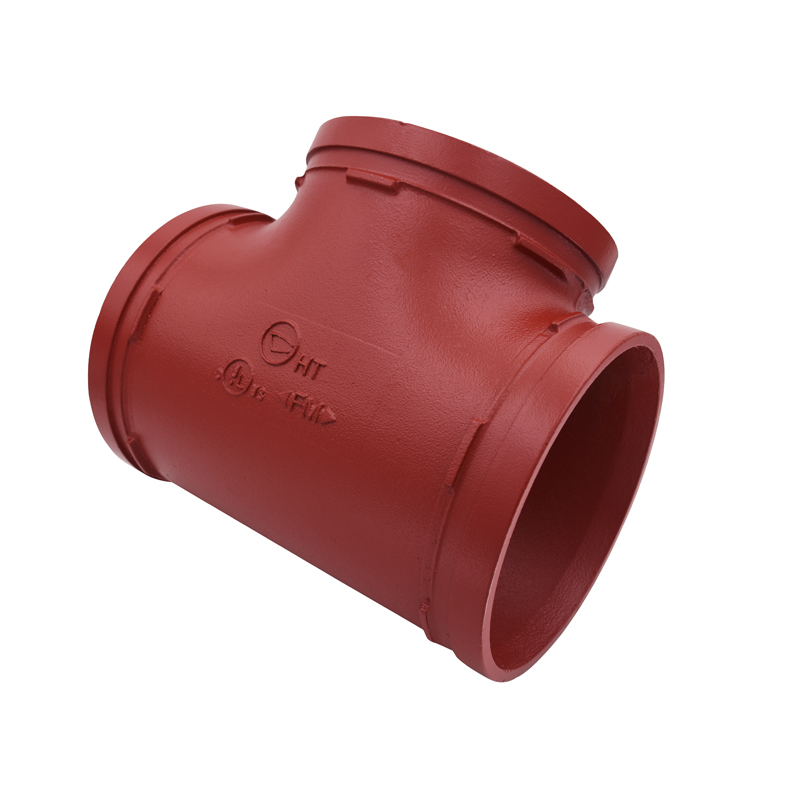The life cycle of ductile iron flanged tees generally compares favorably to alternatives due to several factors:
- Durability: Ductile iron is known for its high strength and resistance to damage, ensuring a longer service life compared to some alternative materials.
- Corrosion Resistance: Ductile iron is highly resistant to corrosion, especially when properly coated or lined, which extends its lifespan in corrosive environments.
- Low Maintenance: Ductile iron requires minimal maintenance over its lifespan, reducing the need for repairs or replacements compared to materials that may degrade more quickly.
- Longevity: Ductile iron tees can have a service life of 50 years or more when properly installed and maintained, providing long-term reliability.
- Cost-Effectiveness: While the upfront cost of ductile iron tees may be higher than some alternatives, ductile iron flanged tee their longer service life and lower maintenance requirements often make them more cost-effective over the long term.
- Resistance to External Forces: Ductile iron is capable of withstanding external forces such as ground movement or pressure changes, further contributing to its longevity.
- Versatility: Ductile iron flanged tees can be used in a wide range of applications, offering flexibility and adaptability to changing system requirements over time.
- Environmental Impact: Ductile iron is a recyclable material, reducing its environmental footprint compared to materials that may have higher environmental costs associated with extraction, production, and disposal.
In comparison to alternatives such as PVC, cast iron, or steel, ductile iron flanged tees often offer superior longevity and reliability, making them a preferred choice for many piping applications where durability and long-term performance are essential.
